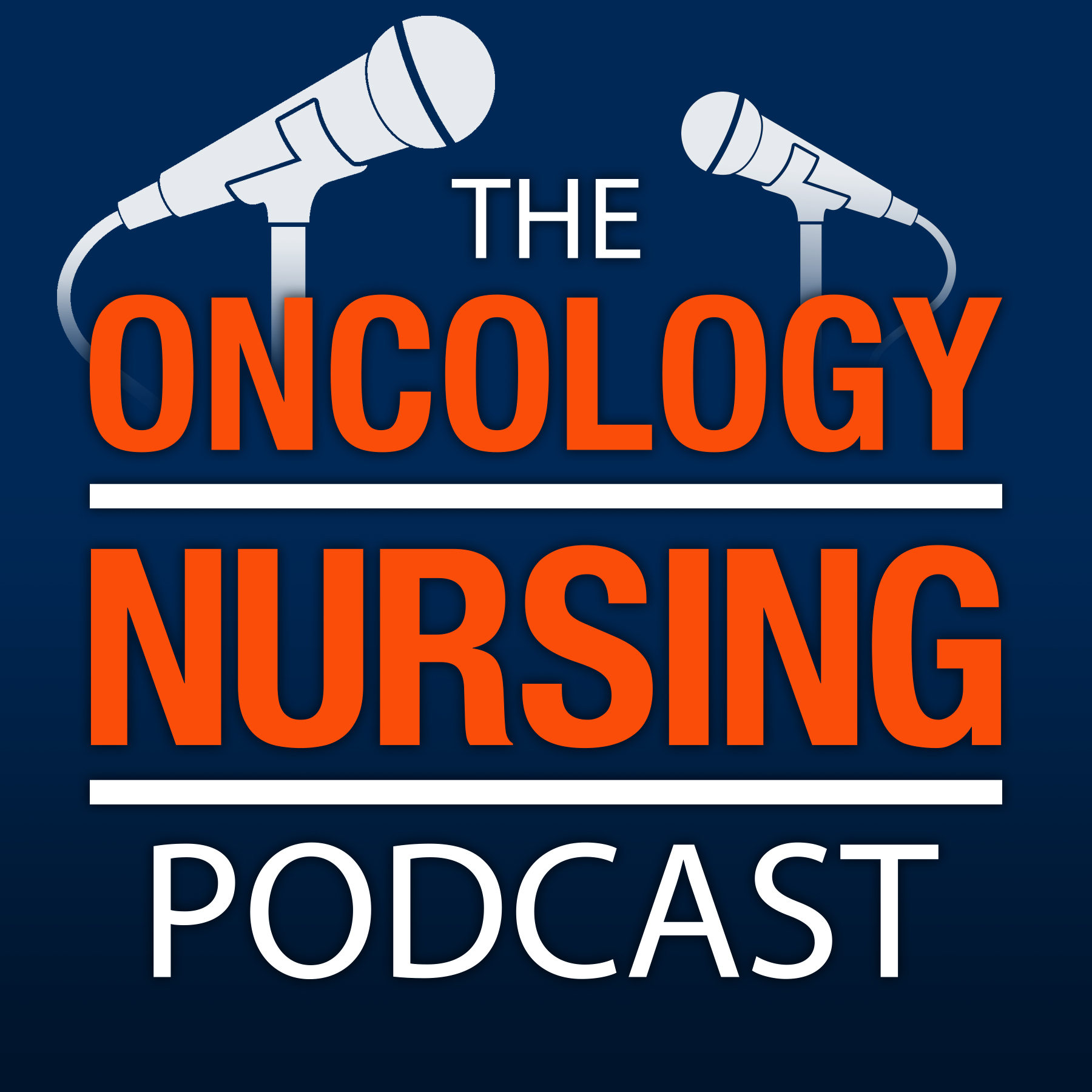
Episode 246: Create a Culture of Safety: Fair and Just Culture

The Oncology Nursing Podcast
Shownotes Transcript
“I love the motto, ‘If you see a problem, you can solve a problem.’ So, no matter what level you fall on on the clinical ladder or within your administration, you always have the opportunity to promote and create positive change and do that with the leadership support,” ONS member Klara Culmone, MSN, RN, OCN®, assistant nurse manager at the Laura and Isaac Perlmutter Cancer Center at NYU Langone Health, told Jaime Weimer, MSN, RN, AGCNS-BC, AOCNS®, oncology clinical specialist at ONS, during a discussion about the factors involved in creating a fair and just culture. You can earn free NCPD contact hours after listening to this episode and completing the evaluation linked below. This episode is part of a series on creating a culture of safety, we’ll add a link to future episodes in the episode notes after the next episode airs. Music Credit: “Fireflies and Stardust)” by Kevin MacLeod Licensed under Creative Commons by Attribution 3.0 Earn 0.5 contact hours of nursing continuing professional development (NCPD) by listening to the full recording and completing an evaluation at myoutcomes.ons.org by February 10, 2025. The planners and faculty for this episode have no relevant financial relationships with ineligible companies to disclose. ONS is accredited as a provider of NCPD by the American Nurses Credentialing Center’s Commission on Accreditation. Learning outcome: The learner will report an increase in knowledge related to creating a just and fair culture. Episode Notes
Complete this evaluation for free NCPD). *Oncology Nursing Podcast *Episode 231: Nurses Thrive in a Healthy Work Culture) *ONS Voice *resources: Culture of safety topic tag) Licensure, Scope of Practice, and Reporting: Every Nurse’s Essential Responsibilities Under the Nightingale Pledge)
Clinical Journal of Oncology Nursing articles: Vaught’s Single Story and Health Care’s Culture of Safety) Improving Patient Safety With Error Identification in Chemotherapy Orders by Verification Nurses)
Kulmone’s 2022 ONS Congress® poster: Promoting a Culture of Safety: High Reliability at an Ambulatory Oncology Infusion Center) ONS book: Scope and Standards of Oncology Nursing Practice) ONS clinical practice resource: Recognize It; Report It) Learn more about the Swiss cheese model). The Joint Commission) The Essential Role of Leadership in Developing a Safety Culture) Sentinel Event Alert Newsletters) Patient Safety Network)
To discuss the information in this episode with other oncology nurses, visit the ONS Communities). To provide feedback or otherwise reach ONS about the podcast, email [email protected]). Highlights From Today’s Episode “A fair and just culture includes encouraging and supporting people to discuss safety-related events or information with one another. This culture really includes a transparent, nonpunitive approach to reporting and learning from adverse events or close calls and even unsafe conditions. The goal is to prevent and minimize events that may cause harm.” Timestamp (TS) 02:15 “Oncology nurses are critical in the establishment of this type of culture. They are leaders and often role models within their institutions. Oncology nurses understand policies, standards of care, and up-to-date evidence-based practice. Being on the front lines, oncology nurses see how these three things can come together and directly affect our patients and also the work environment. This global understanding positions the oncology nurses to be the liaison between patients, members of the healthcare team, and leadership.” TS 02:43 “In health care, we really need to look at these different safety steps we have in place to prevent patient harm. It’s really important to remind oncology nurses that we report safety events so that we can prevent them from happening again.” TS 12:15 “Leaders need to support a questioning attitude from oncology nurses. They should stop and resolve using thoughtful, two-way questioning. We really encourage nurses to report anything that doesn’t seem right so we can work together to ensure patient safety.” TS 13:19 “Oncology nurses are equipped with knowledge and skills to create this culture. They can be familiar with current practices and standards of care for oncology patients and recommend changes if applicable. Oncology nurses can also participate in quality improvement projects, peer-to-peer education or re-education, and applicable competencies on their unit. Oncology nurses can also do team daily huddles at the beginning of their shifts to review their schedules for the day and perhaps any potential complications or safety issues that they may anticipate and come up with a plan.” TS 19:01 “I love the motto, ‘If you see a problem, you can solve a problem.’ So, no matter what level you fall on on the clinical ladder or within your administration, you always have the opportunity to promote and create positive change and do that with the leadership support.” TS 21:22